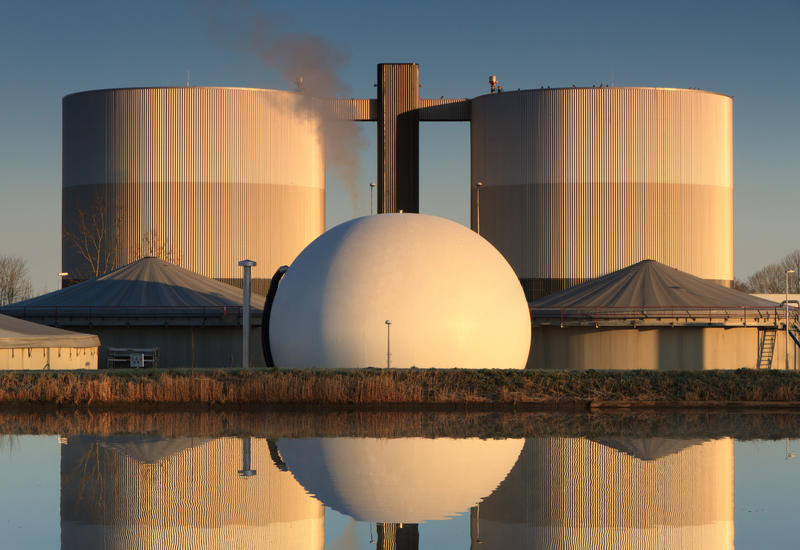The task of urban drainage system planning is to make the whole city’s sewage and rainwater to drain out smoothly, to deal with the sewage, to meet the requirements of environmental protection. The main contents of the plan include: estimate the amount of urban drainage, select the drainage system, design drainage pipes, determine the sewage treatment methods and the location of urban sewage treatment plants, etc..
The drainage system is an important infrastructure of modern city, how the economic and technical optimization design of drainage system and the expansion of the city is an important research topic. In the municipal construction and environmental engineering construction, the drainage system often occupies a large proportion of the investment. How to meet the specified conditions of reasonable design of city drainage system, is an important topic in the planning and design, this China promulgated the measures for the management of city drainage license, in order to solve these problems.
Historical development:
In sixth Century BC, the ancient city of Rome built a drainage ditch. The existing drainage ditches in the Warring States period in the city China pottery, called “Tao dou”. Beijing city in Ming and Qing Dynasties has a relatively complete drainage ditch system. Since nineteenth Century, London and other cities in order to prevent the spread of infectious diseases, the construction of modern drainage facilities. China has 103 drainage facilities in 1949. According to 258 cities in 1983, the total length of the drainage pipeline is 26448 km.
Main function:
From the aspect of environmental protection, the drainage project has the function of protecting and improving the environment, eliminating the harm of sewage. The elimination of pollution, environmental protection, economic development is essential for the protection of the health of the people and the benefit of future generations.
From the health point of view, the construction of drainage project is of great significance to the protection of people’s health.
Economically speaking, first of all, water is a very valuable natural resources, it is indispensable in the various sectors of the national economy. Secondly, the proper disposal of sewage, and timely elimination of rain and snow water, is one of the necessary conditions to ensure the normal operation of agricultural industry. At the same time, waste water can be properly handled, the development of new technologies for industrial production also have an important impact.
Sewage itself also has great economic value, such as the recovery of valuable raw materials in industrial waste water, not only eliminates the pollution, but also to create wealth for the country, reduce product costs.



